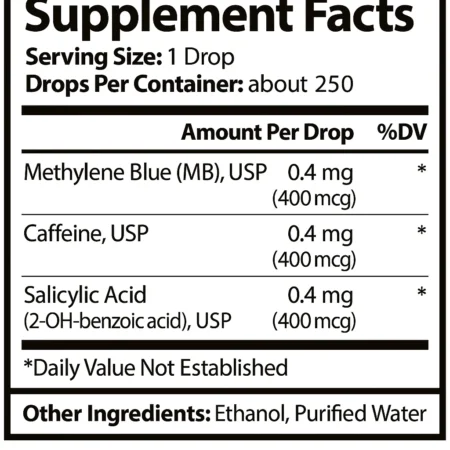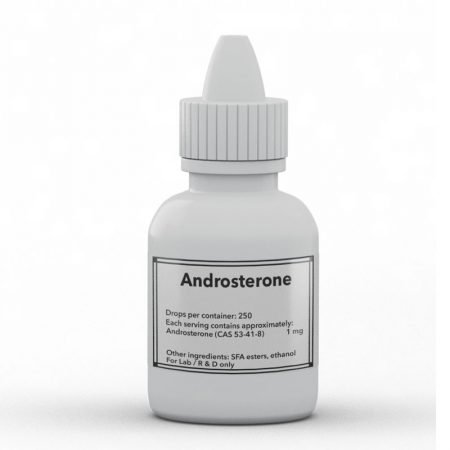Преди малко повече от седмица публикувах тема за ALS (амиотрофична латерална склероза), свързана с повишеното окисление на мастните киселини (FAO) и съответно с намалената наличност/окисление на глюкоза.
Проучването по-долу допълнително потвърждава тази връзка между FAO и заболяването, като доказва причинно-следствена връзка между промяната в микробиома и развитието/прогресията на ALS. Промяната в микробиома е била такава, че е намаляло количеството на бактериите, произвеждащи ниацинамид/никотинамид, и в резултат на това животните с променен микробиом са развили недостиг на витамин В3. Когато на тези животни се дава ниацинамид, симптомите на ALS се подобряват. Благоприятният ефект обаче е бил по-слаб в сравнение с възстановяването на нивата на полезните бактерии, което предполага, че липсата на витамин В3 не е единственият фактор в патологията на ALS. Моите подозрения са, че бактериите, произвеждащи В3, са неендотоксинни видове и като такива повишаването на нивата им намалява нивата на грам-отрицателните, произвеждащи ендотоксин Parabacteroides distasonis, чиито нива са установени като по-високи при пациентите с ALS. В проучването са изследвани също така изпражнения и гръбначно-мозъчна течност от хора с ALS и е потвърдено, че пациентите също са имали по-ниски нива на бактериите, произвеждащи ниацинамид, в дебелото черво, както и по-ниски нива на витамин B3 в гръбначно-мозъчната течност.
https://www.nature.com/articles/s41586-019-1443-5
https://www.the-scientist.com/news-opinion/commensal-bacterium-reduces-als-symptoms-in-mice-66195
“…In a mouse model of amyotrophic lateral sclerosis, animals that had ample levels the bacterium Akkermansia muciniphila in their gut microbiomes fared better than those carrying almost no members of the species, which produces vitamin B3, according to a study published this week (July 22) in Nature. Moreover, restoring A. muciniphila in mice that had low levels slowed the progression of their disease. “When we gave it to ALS-prone mice it very significantly improved ALS severity in these mice,” coauthor Eran Elinav, a microbiome researcher at the Weizmann Institute of Science in Israel and of the German Cancer Research Center in Heidelberg, tells The Guardian. On the other hand, two other members of the microbiome—Ruminococcus torques and Parabacteroides distasonis—were more common in mice with severe disease.
“…The researchers suspect that A. muciniphila’s production of B3 may have something to do with its apparently therapeutic effects. Treating mice with a form of vitamin B3 called nicotinamide improved some of their symptoms. However, this did not increase the mice’s lifespan as boosting levels of the bacteria had, suggesting there’s more to the bacterium’s effect than just B3. “Usually you don’t expect one miracle metabolite can rescue the mice completely,” Jun Sun, a medical microbiologist at the University of Illinois at Chicago who was not involved in the study, tells Science News. The researchers gathered some preliminary data that suggest A. muciniphila abundance may relate to ALS in humans as well. Examining the microbiomes of 37 ALS patients and 29 healthy family members, Elinav and colleagues found lower levels of the bacterium in the stool of the ALS patients and lower levels of nicotinamide in their blood and cerebrospinal fluid. In addition, the levels of nicotinamide in the blood correlated with the severity of the patient’s disease: patients with lower levels tended to have worse symptoms.”
Източник:
- Революционен поглед върху рака: Метаболитен, а не само генетичен проблем
- Хидроксиапатит в оралната грижа: Преглед на ползите, механизма и сравнение с флуорида
- Колко пресни портокала са ви необходими, за да изчистите черния си дроб от мазнини?
- Хроничният стрес понижава допамина и причинява психични заболявания
- Естрогенът и кортизолът, а не андрогените, потискат имунитета










